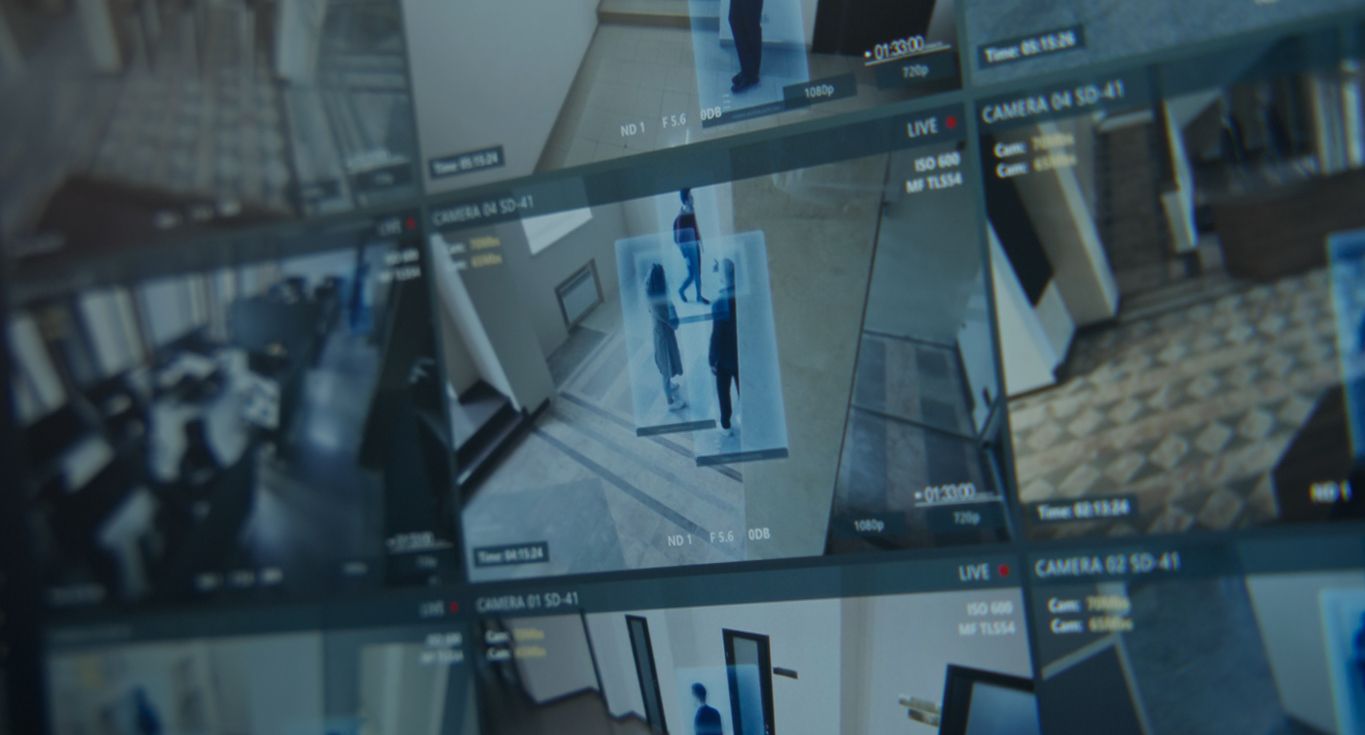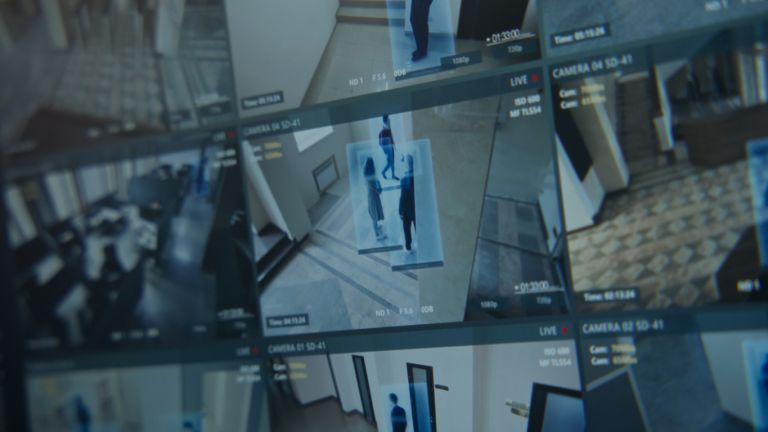
- Home
- Risks management
- The 2024 Olympics: is algorithmic video surveillance a danger?
The 2024 Olympics: is algorithmic video surveillance a danger?


Some see the technology being tested at the 2024 Olympic Games as a slippery slope toward a society of widespread surveillance. Others believe that it poses no danger. Which is true?
On January 17, 2023, Michel Cadot, the interministerial delegate for major sporting events, told the Senate that algorithmic video surveillance would « undoubtedly be deployed in a limited way » this summer. This clarification was expected given how the experimental system, made possible by the French Law on the 2024 Olympic Games adopted on May 19, 2023, has caused a stir in public debate.
According to Article 10 of the law, images collected by video protection systems may be subject to algorithmic processing until March 31, 2025, to « ensure the security of sporting, recreational or cultural events, whose scale of attendance or circumstances make them particularly vulnerable to the risks of acts of terrorism or serious harm to personal safety« . Moreover, this processing aims to « identify in real time predetermined events that may present or reveal these risks and report them » to the relevant authorities (police, emergency services, etc.).
According to the decree of application, these predetermined events are: the presence of abandoned objects or weapons, a person or vehicle not respecting the direction of traffic, a person or a vehicle entering or being present in a sensitive or prohibited area, the presence of a person on the ground after a fall, crowd movements, an excessive density of people or outbreaks of fire.
Far from being a novel development in France, algorithmic video surveillance began to spread throughout the country well before this law: in 2016 the city of Toulouse was already testing such a system in partnership with IBM. So, while we should remain vigilant in this area, we have every reason to believe that the regulations, which are in the process of being clarified, are restrictive enough not to be abused.
An instrument that fits within the smart city
For the past several years, many local authorities have chosen to use « automated » or « algorithmic » video surveillance (AVS) to help them manage their cities. In a 2022 report entitled Caméras dites « intelligentes » ou « augmentées » dans les espaces publics, French data protection authority CNIL observed « a trend toward a spread” of AVS systems which it called « ‘augmented’ video« .
According to CNIL, « ‘augmented’ video refers to video processing that adds algorithmic processing by software that allows for an automatic analysis. […] It is a so-called ‘computer vision’ technology […], which is one of the branches of ‘artificial intelligence’ that gives systems the ability to analyze digital images » to recognize events predetermined by its designers, such as behavior, movements, or the appearance of an object.
AVS has been rolled out locally in large part due to the influence of the « smart city » theory. It became popular in 2011 when IBM registered the « Smarter Cities » trademark and aims to radically transform how cities are managed thanks to new technologies. These are used to provide local managers with the means to manage local areas in a centralized way, « the most advanced form of which is the crisis room that combines intelligence, information and decision-making, » as Jean-François Soupizet writes in his article « Les villes intelligentes entre utopies et expérimentations« .
This centralized management has been made possible largely by AVS, which can offer a smart operations center a panoptic view of the city with real-time alerts when predetermined events occur. Inspired by Dijon, which took second place at the 2018 World Smart City Awards, Nimes recently inaugurated a 600 m2 technical platform called a « hypervisor » using AVS. This allows it to « manage the city in real time » using « analyses to…manage traffic flow with software that can count and calculate statistics, » its manager Christell Michalot told French daily Le Monde.
A regulation undergoing clarification
As for the legality of local authorities’ use of AVS, certain local authorities were able to take advantage of a legal gray area that had remained in place until 2023. The Council of State clarified this on December 21, 2023 when it ruled on a petition against the Cœur Côte Fleurie group of municipalities, which was accused of using AVS to carry out biometric face recognition.
The administrative judge has allowed local authorities to use augmented video under certain conditions. Firstly, facial recognition features must not be enabled. Secondly, features that analyze images according to behavioral or personal criteria such as gender, size or clothing can be activated if they are used for delayed (not real-time) playback over a limited time and area and without looking to automatically track people.
The situation is somewhat different for the Law on the Olympic Games, which, in Article 10, allows for the detection (and therefore analysis) of predetermined events in real time, most of which relate to individual and group behavior. Nevertheless, the law does provide a number of safeguards to protect rights and freedoms.
Firstly, the algorithmic processing being tested cannot use biometric identification systems or any other facial recognition techniques. This is in line with the expectations of the European Union, which, as part of the negotiations on the AI Act, has consistently reiterated its desire to ban this type of practice, barring strictly defined exceptions. Also, they cannot be linked to other personal data processing operations, and no legal action or individual decision can be taken on the basis of their analysis.
The public must also be informed in advance of the use of algorithmic processing unless « the circumstances prohibit this, or this information would contradict the objectives being pursued« . Therefore, prefects must publish any authorizations for such use, indicating the event, geographical event and duration concerned.
On the basis of this publication, any citizen who believes it to be unlawful (if, for example, it is disproportionate to the objectives pursued) or contrary to their rights and freedoms can lodge an emergency application with the administrative judge in an attempt to quickly suspend the authorization.
Finally, CNIL must be informed every three months of the test’s implementation. In addition, before December 31, 2024, the government must submit an evaluation report on the experiment to Parliament, after obtaining CNIL’s opinion. The content of this report will be determined by decree of the Council of State. Based on this evaluation, the legislator can decide to make this experimental system permanent, as many rights and freedoms associations fear.
Nevertheless, in its decision of May 17, 2023 declaring this experimentation to be constitutional, the Constitutional Council implied that its decision would not necessarily be the same if it were to examine a law perpetuating such a system in the future. Its decision would also be made « in the light of this evaluation« , it said.
the newsletter
the newsletter



